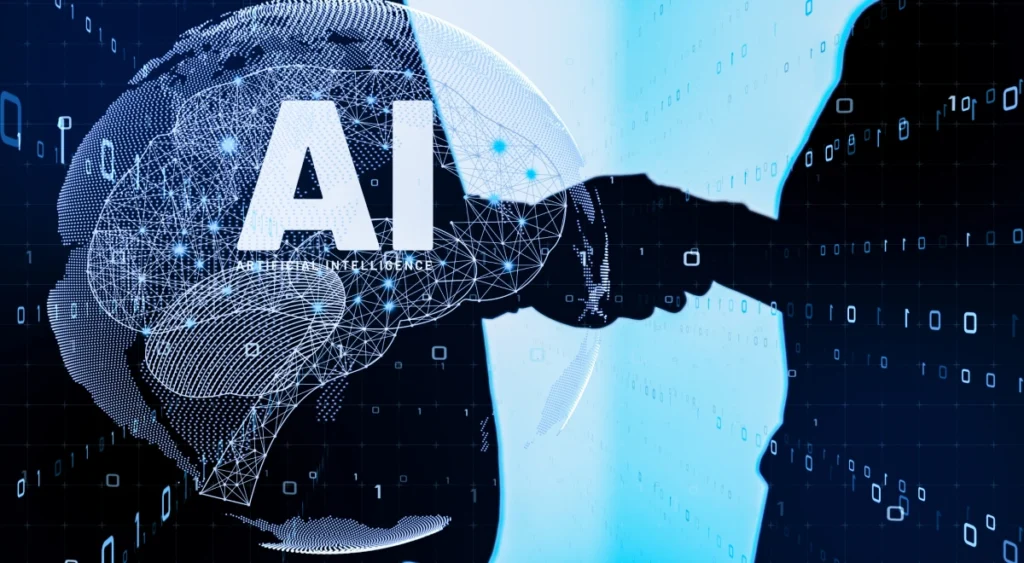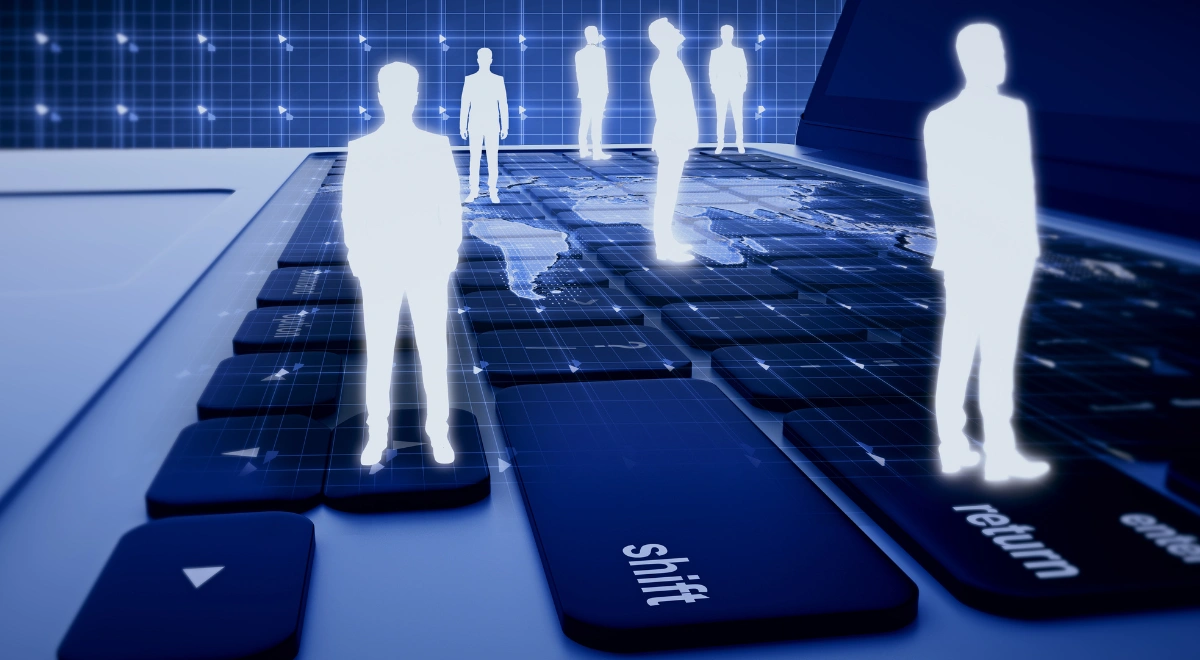In 2025, HR departments are experiencing an unprecedented transformation, driven by rapid technological advancements. If you’re new to HR technology or curious about how tech is shaping the future of HR, this guide will walk you through the five biggest reasons why technology is fundamentally transforming HR processes, strategies, and workplace culture.
1. Automation transforming HR Routine Tasks
Imagine HR teams freed from endless paperwork, manual data entry, and repetitive tasks. That’s the power of automation HR. Today, most HR functions—from onboarding, payroll processing, benefits administration to leave management—are increasingly automated with intelligent systems.
Why it matters:
Automation HR streamlines HR operations, reduces errors, and saves time. It enables HR professionals to focus on strategic initiatives like talent development and employee engagement rather than mundane administrative work.
How it works:
- Automated onboarding systems ensure new hires receive documents, training modules, and welcome communications instantly.
- Payroll and benefits systems automatically update employee data and process payments accurately.
- Attendance and leave tracking are managed by AI-powered platforms that sync data in real-time.
The impact:
Organizations adopting automation in HR report faster processes, improved accuracy, and enhanced employee satisfaction. They also gain agility in response to changing workforce needs, which is vital in competitive markets.
2. Artificial Intelligence in HR: Automation to Strategic Decision-Making
AI in HR encompasses tools that support decision-making, improve recruitment, enhance employee experiences, and predict future workforce needs. From chatbots handling employee queries to predictive analytics forecasting attrition, AI is transforming HR functions beyond simple automation.
Why it matters:
AI-driven HR solutions allow HR teams to make smarter, data-backed decisions that are less biased and more strategic. It also personalizes employee experiences, fostering higher engagement and retention.
Examples of AI in HR:
- AI-powered chatbots answer employee questions on policies, leave balances, or benefits 24/7.
- AI algorithms screen resumes to identify the best-fit candidates faster and more objectively.
- Generative AI creates personalized training content or communication materials for employees.
- Predictive models flag employees at risk of leaving so HR can intervene proactively.
3. Data Analytics in HR: Unlocking Deep Business Insights
Data-driven decision-making is transforming how HR departments operate. data analytics turns vast amounts of workforce data into actionable insights, enabling organizations to optimize talent strategies and predict future needs.
Why it matters:
HR data analytics helps leadership understand workforce trends, measure employee engagement, predict attrition, and refine recruitment strategies. This creates a more agile and responsive HR environment.
How it’s done:
- Real-time dashboards display HR metrics like turnover rates, diversity stats, and employee performance indicators.
- Predictive analytics forecast workforce gaps and inform talent acquisition priorities.
- Engagement surveys and sentiment analysis identify areas for improvement in workplace culture.

4. Digitally Transforming HR: A Complete Workplace Overhaul
Integrating advanced tech across all HR functions to make the entire employee lifecycle seamless. This involves adopting cloud-based HR platforms, mobile apps, and smart HR systems that work cohesively.
How it manifests:
- Cloud HR systems enable employees to access their data, benefits, and training anytime, anywhere.
- Virtual onboarding, interviews, and training foster seamless remote work experiences.
- Digital performance management platforms support ongoing feedback and continuous development.
- HR analytics are integrated into core HR platforms for unified insights.
The result:
Organizations that embrace transformation in HR are more agile, employee-centric, and better prepared for future workforce challenges, including remote work and gig economy trends. control over their work life, whether they’re in the office, at home, or on the go. Improving the employee experience isn’t just about convenience — it drives engagement, reduces attrition, and builds trust.
5. Enhancing Employee Experience with Technology
Perhaps the most significant impact of transforming HR is the shift toward a more employee-centric workplace. Modern HR tech focuses on creating engaging, personalized, and meaningful employee experiences.
Why it matters:
Happy, engaged employees are more productive, innovate more, and stay longer. Technology enables HR to deliver personalized experiences, agility, and transparency.
How technology enables this:
- AI-driven chatbots provide instant support for employee queries, reducing wait times.
- HR data analytics identify individual development needs and career paths.
- Digital platforms facilitate continuous learning, recognition, and feedback.
- Virtual reality (VR) and augmented reality (AR) are used for immersive training and onboarding experiences.
The result:
Organizations investing in HR tech-driven employee experiences see higher retention, better talent attraction, and a vibrant workplace culture and employee experiences see higher retention, better talent attraction, and a vibrant workplace culture.
Why It Matters in 2025 and Beyond
In 2025, it’s clear that technology is fundamentally transforming HR — making it more strategic, efficient, and employee-focused than ever before. From automation HR reducing mundane tasks to AI and HR data analytics enabling smarter decision-making, the future of HR is intertwined with technological advancement.
For newcomers to HR technology:
- Embrace automation HR to streamline workflows and free up time for strategic work.
- Explore AI in HR to enhance recruitment, onboarding, and employee engagement.
- Focus on HR data analytics to gain insights and predict future workforce trends.
- Leverage transformation in HR for a flexible, accessible, and future-proof HR function.
How AHS is Driving Transforming HR
One standout example of technology transforming HR is AHS, a leading HR solutions provider. AHS integrates automation HR, AI in HR, and HR data analytics to offer seamless payroll management, compliance, recruitment, and employee engagement solutions.
- AHS HR technology solutions simplifies routine tasks such as payroll processing, attendance tracking, and benefits management, freeing HR teams for more strategic roles.
- AI-powered tools enhance talent acquisition, employee query resolution, and predictive analytics for workforce planning.
- Data analytics dashboards provide real-time insights into workforce metrics, helping organizations make smarter HR decisions.
- Digital transformation through cloud platforms by AHS empowers corporate HR to manage diverse, remote, and hybrid workforces effectively.
Conclusion
Technology in HR isn’t optional anymore, it’s essential.
In 2025, successful HR leaders are those who adopt the right mix of automation, analytics, and digital tools. From recruitment to retention, the future of HR is smart, data-driven, and employee-first.
By investing in the right technologies now, organisations not only improve HR processes but also shape a better, more resilient workplace for the future.


